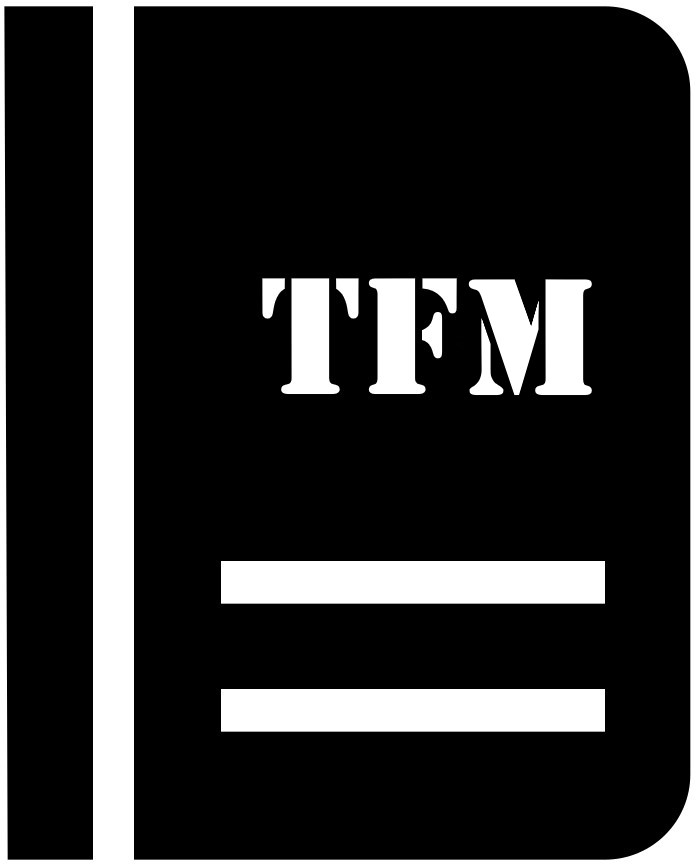|
Author
Peciña Vaquero, Inés
|
Abstract
Glioblastoma multiforme (GBM) is the most malignant primary brain tumor, having a life expectancy below 15 months. Current treatment consisting of surgical resection followed by a combination of radiotherapy and chemotherapy is insufficient to prevent tumor relapse. Chemotherapies face two main challenges in glioblastoma: drug delivery to the tumor front, strongly restricted by the blood-brain barrier (BBB), and chemotherapy resistance, mainly caused by a specific subpopulation of cells: cancer stem cells (CSCs). This master thesis is part of a European project aiming to generate a nanotherapy capable of overcoming these challenges.
Herein we focus on the development of two families of targeting peptides, one targeting CSCs and another one to cross BBB. LS7 and CPB4, peptides targeting CD133, one of the main CSC markers, are identified and synthesized. To this end, we develop a streamlined procedure to produce the peptides by manual solid-phase peptide synthesis (SPPS), purify them by preparative HPLC and characterize them by UPLC-UV and MALDI-TOF mass spectrometry. We then show that interaction of a labelled version of CBP4 with cells highly expressing CD133 can be decreased in a competition assay with unlabeled CBP4, which strengthens the hypothesis that this peptide interacts with CD133. Thus, we conjugate CBP4 to GFP to show that this peptide has the potential to target large cargoes to cells expressing high levels of CD133. Finally, we study CBP4 stability in serum and propose increasing its metabolic resistance by modifying the N-terminus of the sequence, thereby potentially enhancing its targeting capacity. Regarding the peptides aimed to cross the BBB, we identify in the literature a short peptide targeting the nicotinic acetyl choline receptor (nAchR) and we synthesize and characterize it. However, data showed no receptor interaction in the brain endothelial cell line studied.
Overall, we have identified, synthesized, and characterized peptides directed against CD133 and nAchR receptors. Cell experiments’ results suggest that CBP4 may be used to target cargos to cells expressing high level of CD133. These data and the peptide production procedure we have established will be key to generating new peptides directed against CMCs and to cross the BHE in order to develop more effective treatments for GBM.
|

|



